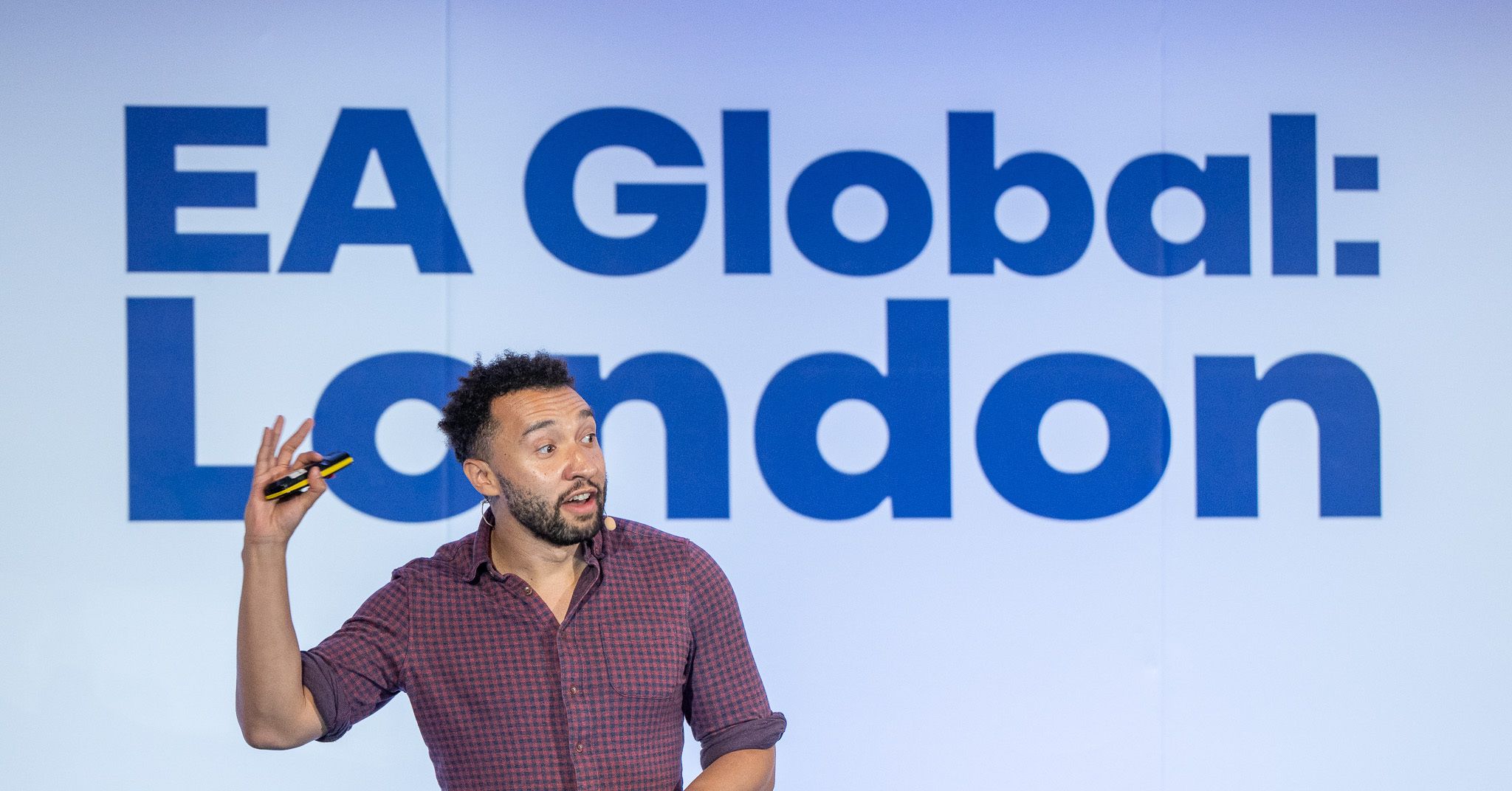I cannot help believing that the single most impactful thing that anyone could do right now to help the world would be to stop President Trump.
Yes, the man who would take over is equally awful in terms of policies, but I don't think he holds the same fear-factor which is currently preventing decent Republicans from stopping Trump. Until Trump is gone, I see very little hope. And I don't think we can allow humanity's hopes to rest on the Democrats suddenly fixing the myriad political and psychological problems that render them so unelectable.
Too many people are trying to normalise the situation. The situation is not normal. People say any comparison with Hitler is false, because there is (thankfully) no evidence that Trump is an antisemite. But WWII was a global tragedy which killed at least 50 million people and destroyed many countries. Trump is moving in a similar direction. He's too afraid to take on the big powers, so he's appeasing Russia and instead using the threat of US power against Greenland and Gaza and Panama. So far.
He's also utterly transactional in a way that goes against everything Altrusim stands for. He wants to force Ukraine to sign away their raw materials, much the way colonialists did in the past. He sees no personal benefit in helping people in other countries, so he's stopping US Aid. He also has the kind of delusions of competence which would lead him to take on China or Russia if they didn't respect him. He is actively preventing effective AI Governance just because his cronies who gave him money don't want it. He is in every sense both an existential threat and a step backwards for everything EA stands for.
Reading history, how many of us wonder why Hitler wasn't stopped.
Reading history in the future, let's hope future generations don't wonder why nobody had the courage to stop Trump.
It's becoming ridiculous to work on our initiatives to help climate and to fight poverty and disease and so on while we have Mr. Trump in the White House actively and vindictively making them worse far faster than we can fix them. He and his clever lawyers and judicial picks will find arguments and interpretations that make his horrendous acts legal. They are ready to be challenged by legal means, because they have tilted the field and bribed the referees.
We need a solution. If someone has one, I would love to hear it. But I'm pretty sure it's not just writing posts like this one on forums :( Or angry newspaper columns. We are fighting an evil machine that views the law and the Constitution as, at most, an inconvenient obstacle that needs to be overcome. We need to take off our straitjackets and be ready to fight more aggressively. People need to stop enabling him. World leaders need to refuse to engage with him. Army generals need to reject his orders, because their ultimately loyalty is to the Constitution, not to the President. But also simple bureaucrats need to stop carrying out his illegal orders.
Remember Nuremburg and how the "just carrying out orders" defence was judged at the time.
Millions of lives are at stake.
Those of us outside the US are feeling totally impotent. But I know that many Americans share the feeling of utter disgust and horror at what Trump is doing.



You’re welcome :)